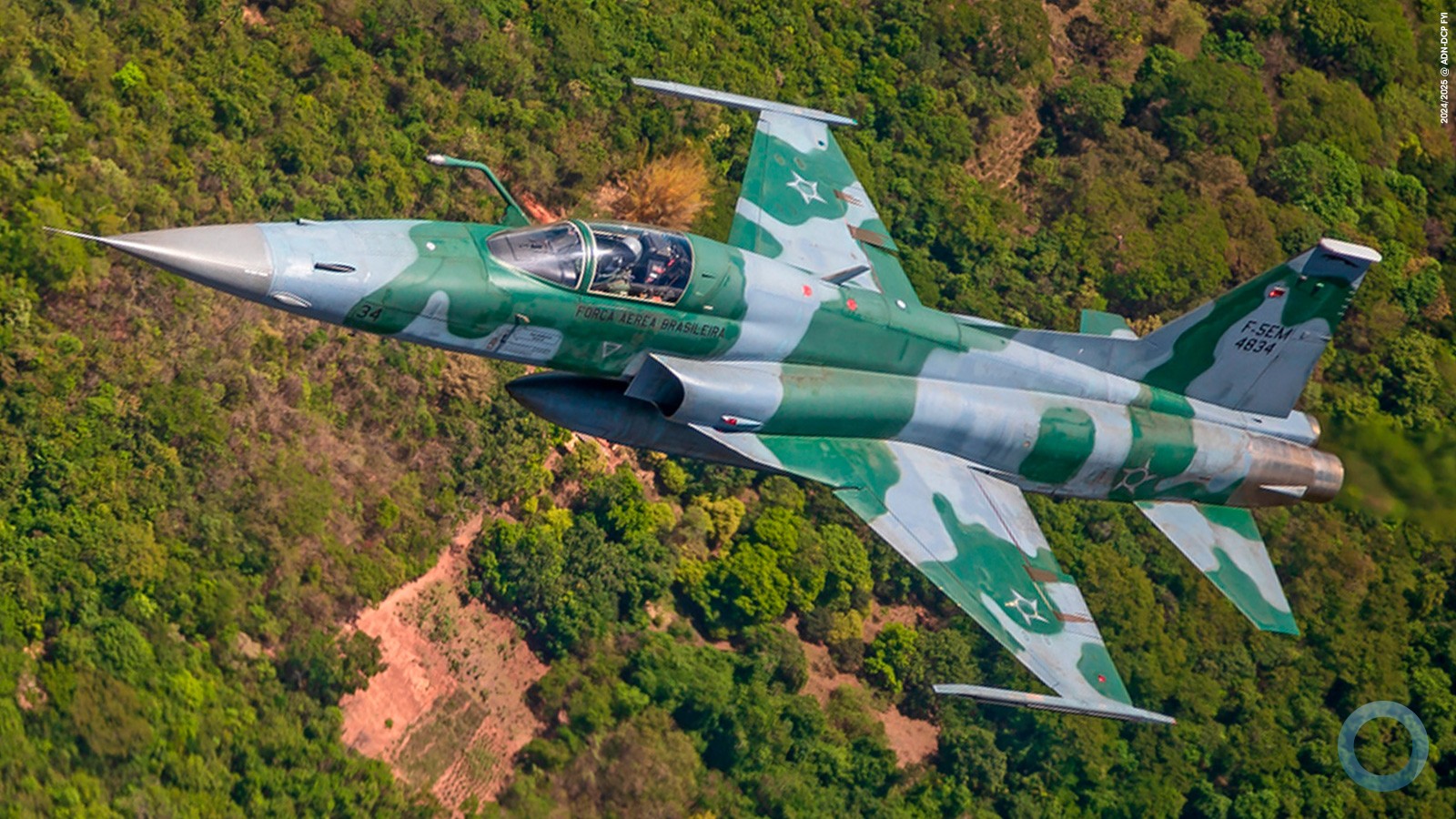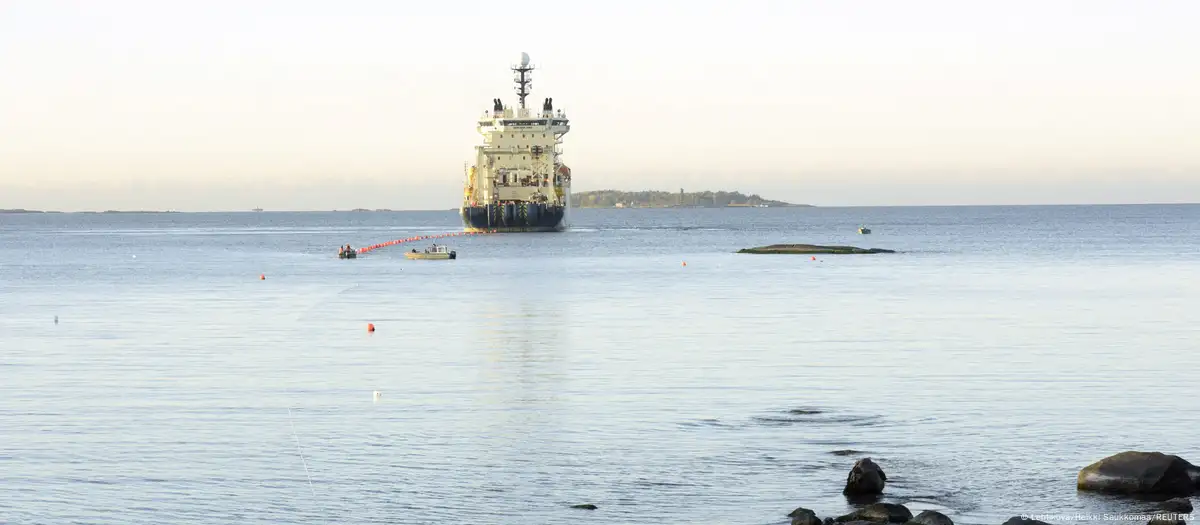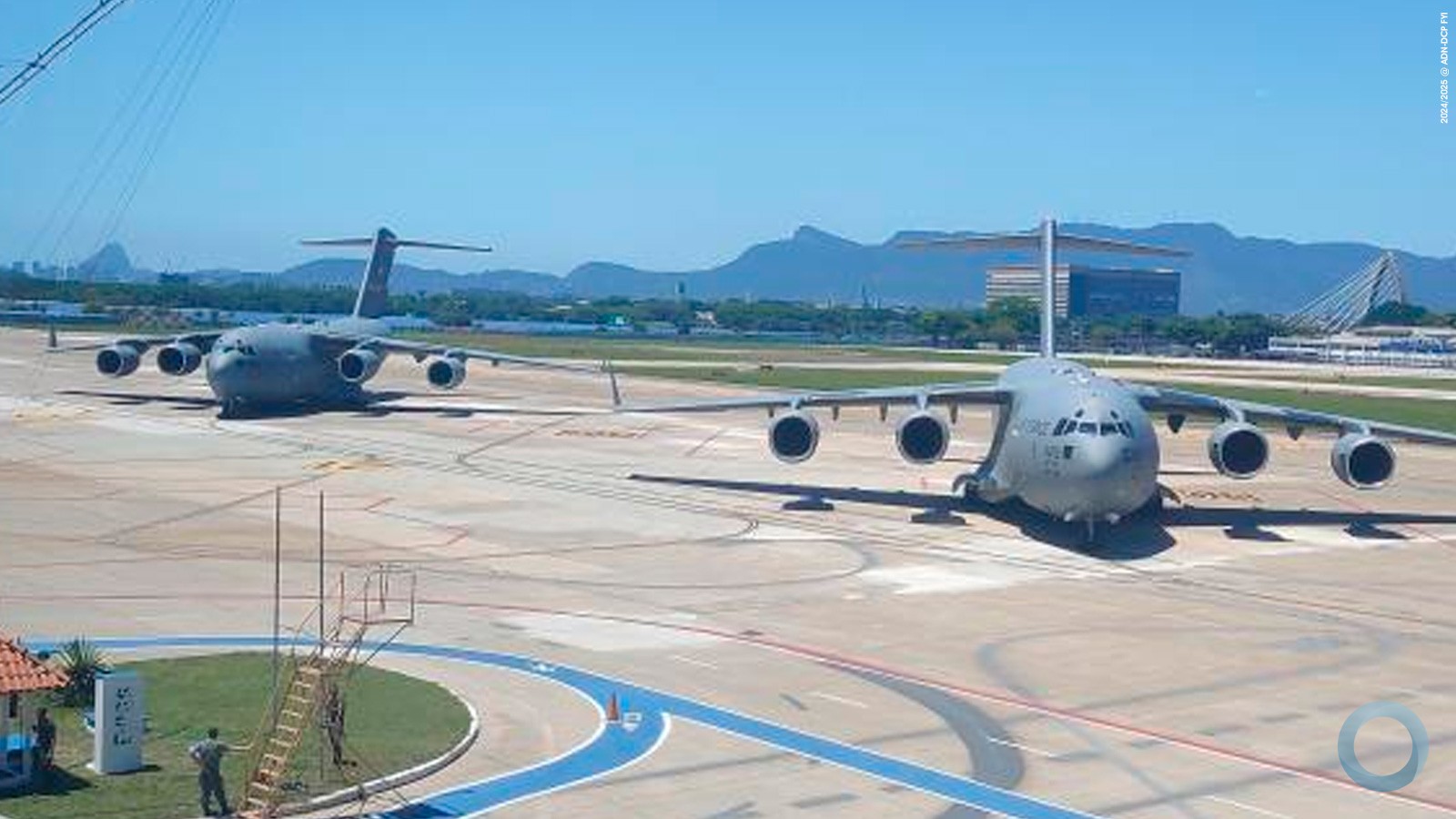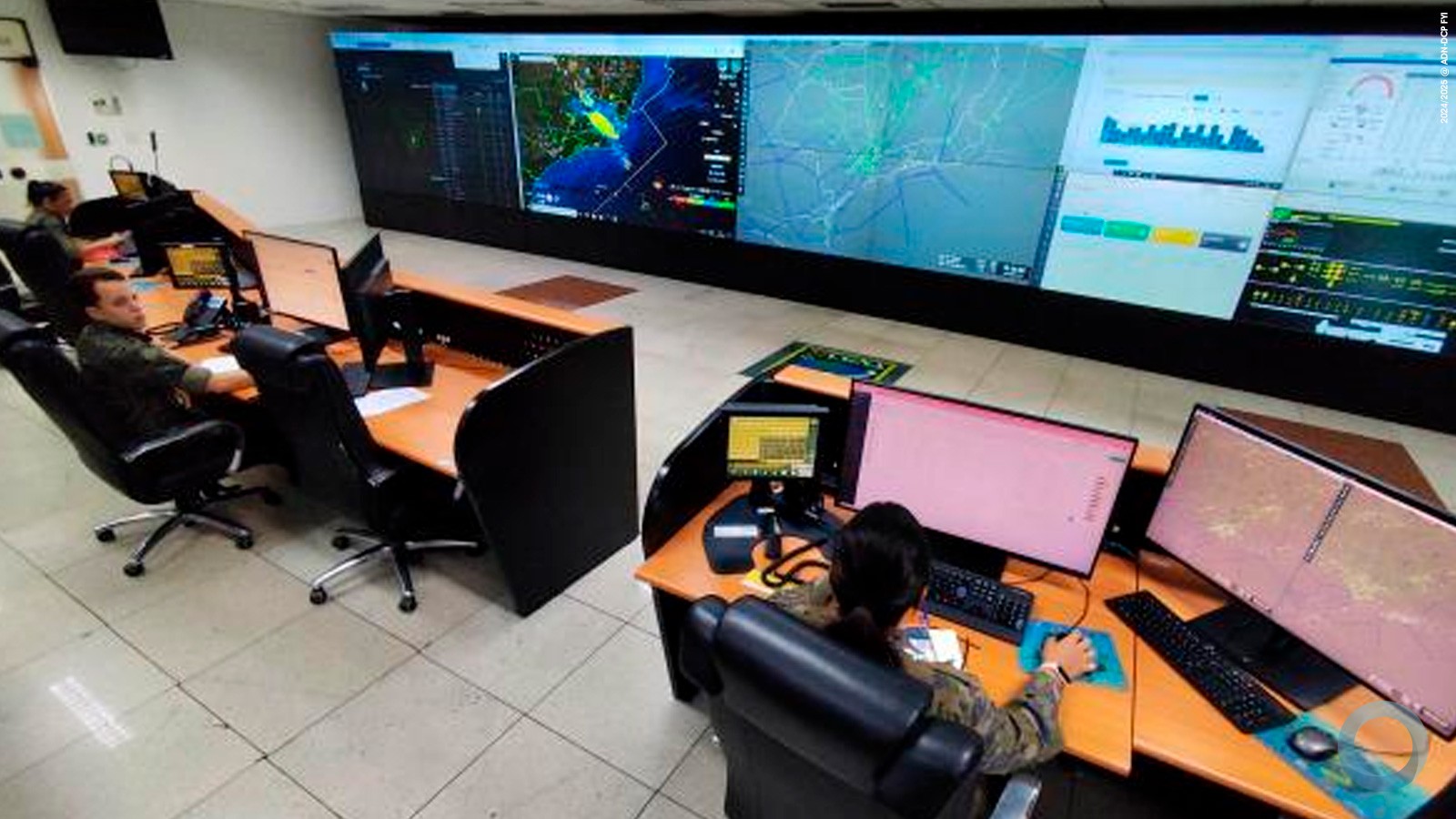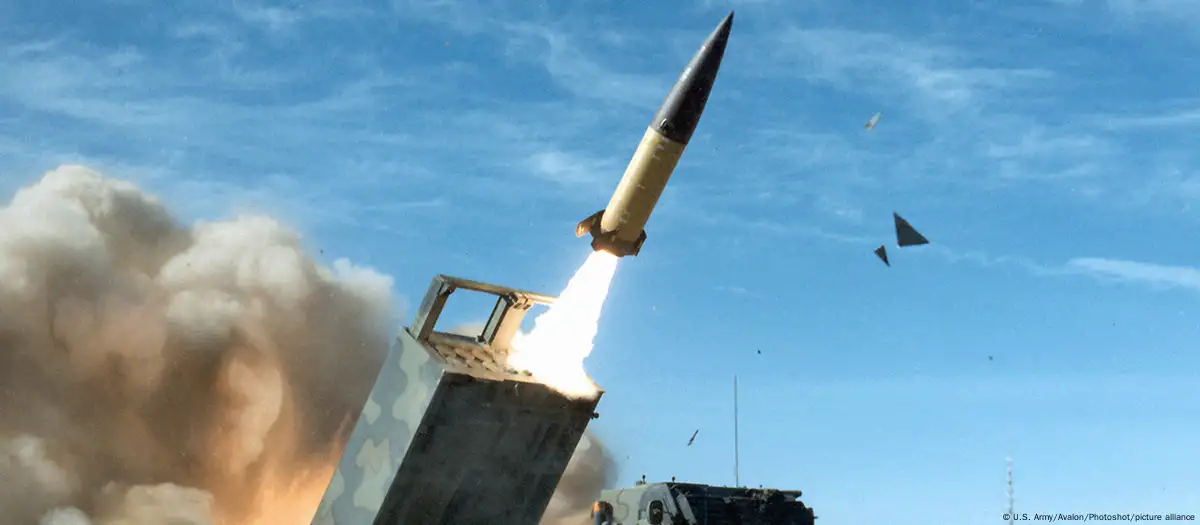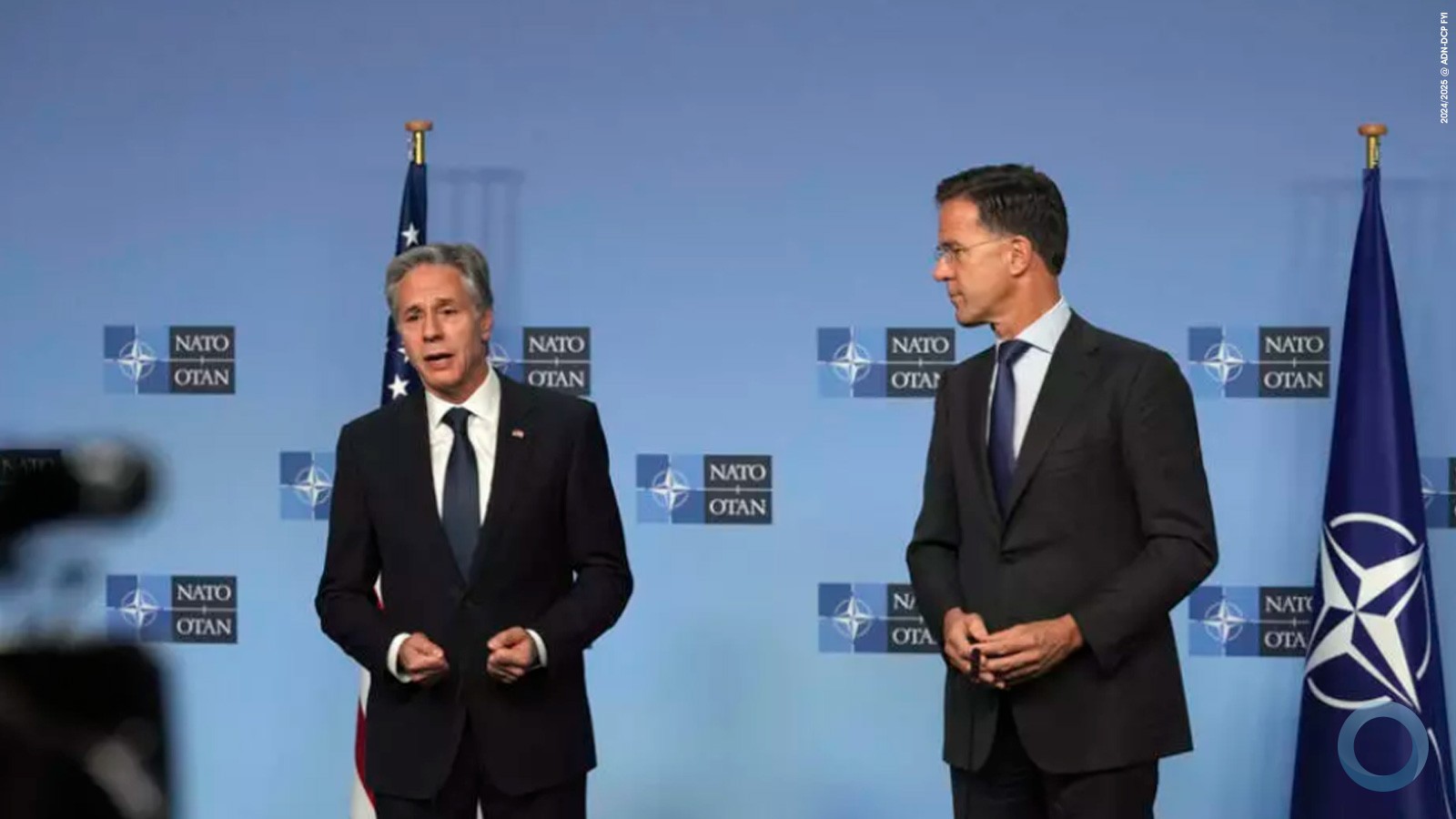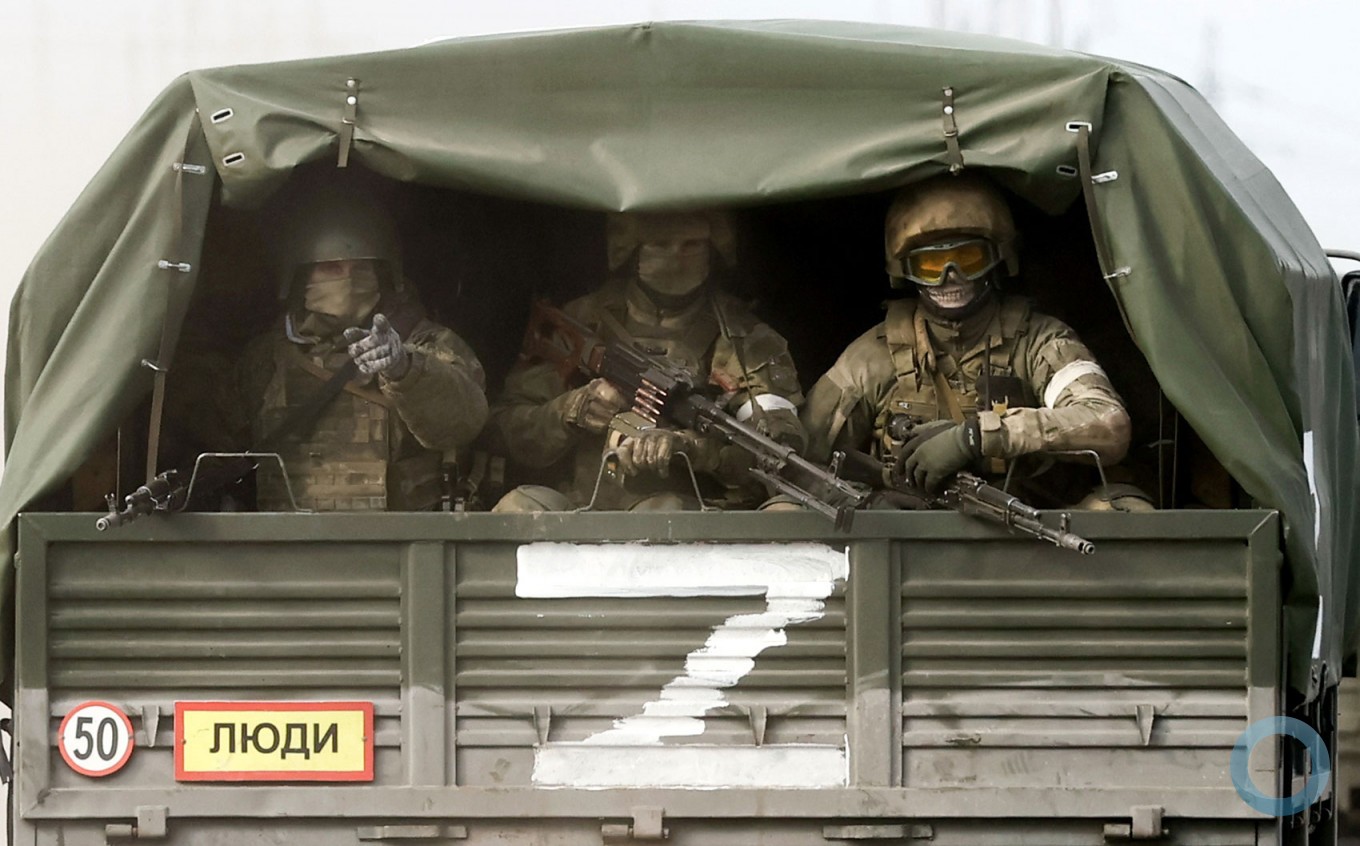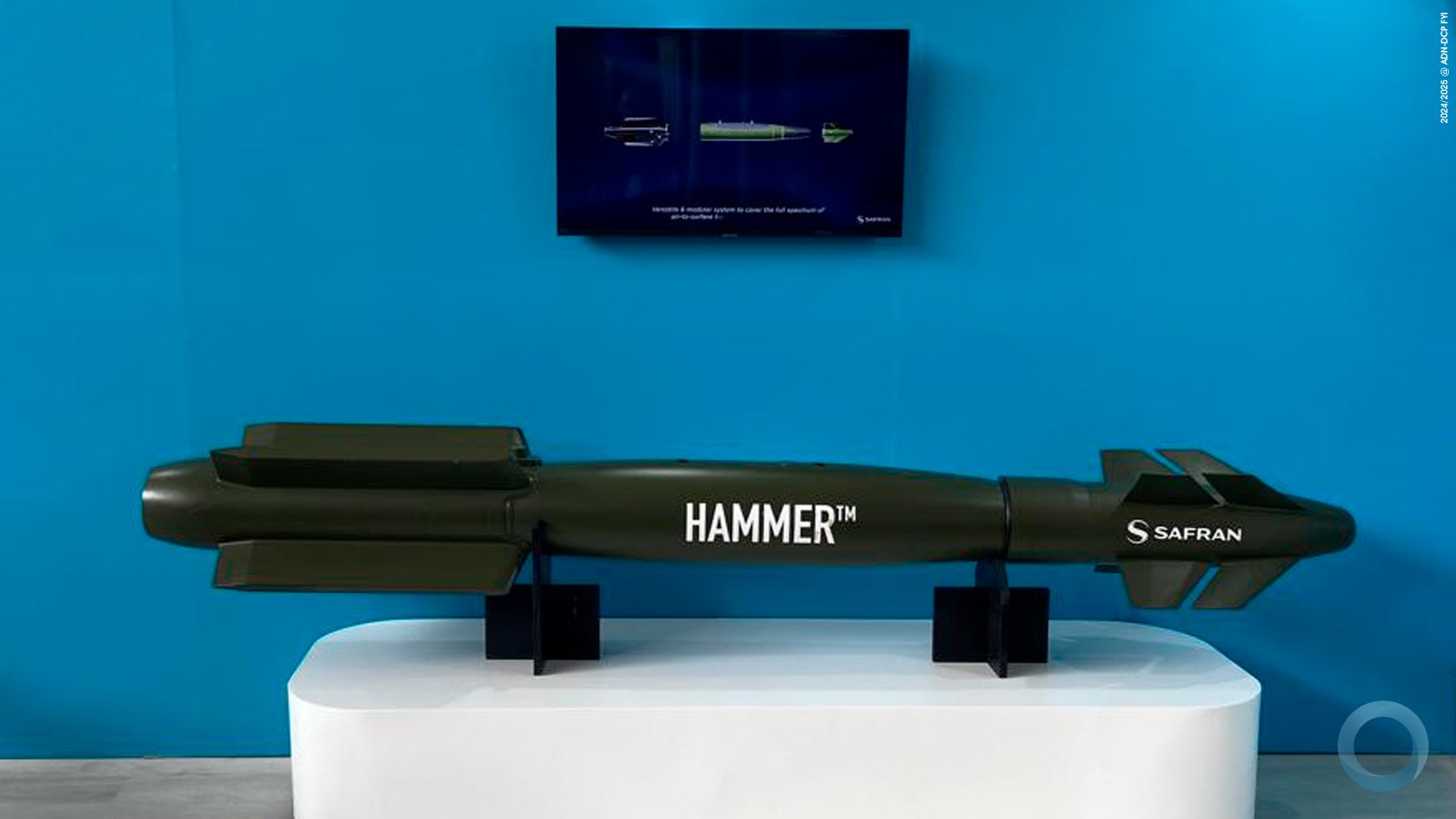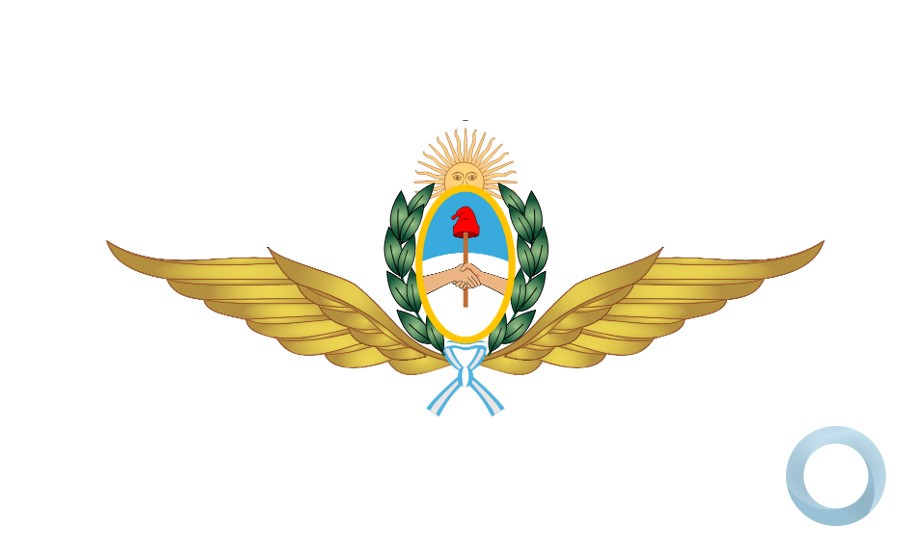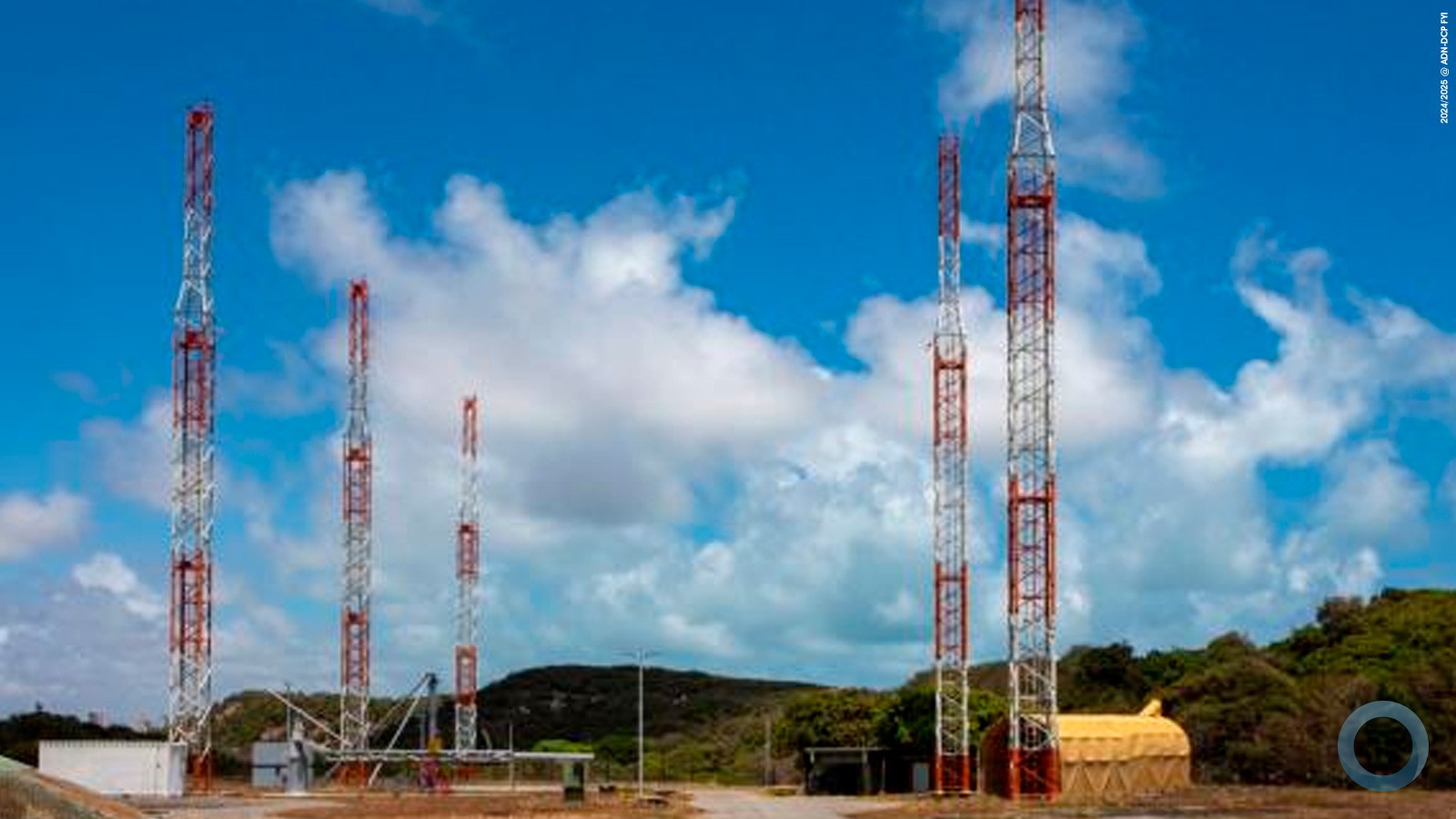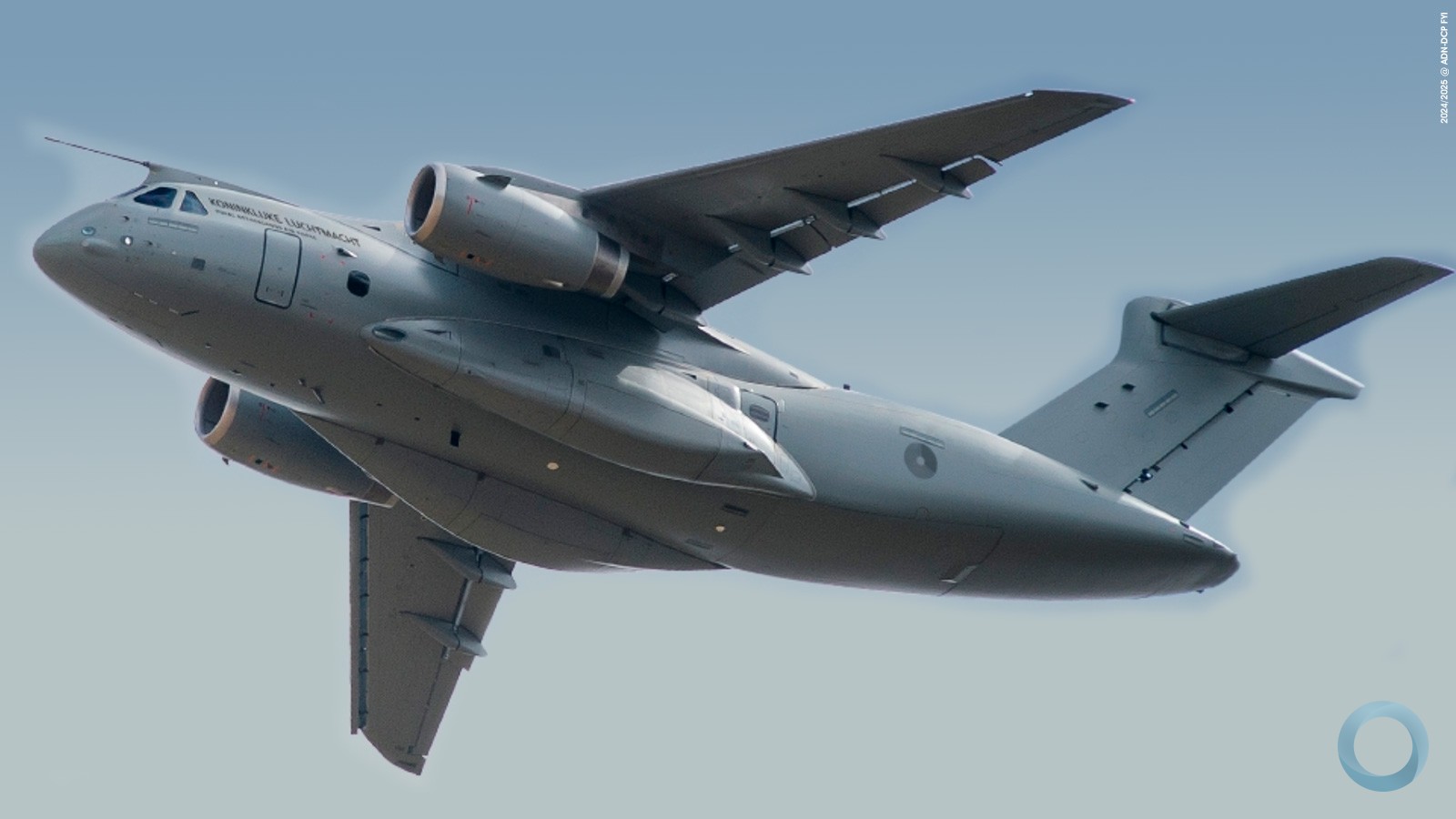Publicado Financial Times 24 janeiro 2012
By Joe Leahy in São Paulo
Iran has attacked Brazilian President Dilma Rousseff for overseeing a chilling of ties between the two countries, jeopardising a relationship that had once been a major irritant to the US.
Iran believed Ms Rousseff was undermining the efforts of her predecessor Luiz Inácio Lula da Silva, under whom Brazil had been virtually the only major western country with friendly ties to the regime of President Mahmoud Ahmadi-Nejad, a spokesperson said in the Brazilian press.
“The president has struck down everything Lula had achieved. She’s destroyed years of good relations,” Brazilian daily newspaper Folha de S. Paulo quoted the spokesperson, Ali Akbar Javanfekr, as saying in an interview.
The erosion of ties between Brazil and Iran will remove a source of friction between Latin America’s most important power and Washington
The US reacted with anger in 2010 when former Brazilian president Luiz Inácio Lula da Silva along with Turkey launched an ultimately failed bid to mediate in the standoff between the west and Iran over its nuclear programme.
The growing wedge in the relationship with Iran under Ms Rousseff began last year when Brazil supported a vote at the United Nations Human Rights Council to send a human rights rapporteur to Iran.
Under Mr Lula da Silva, Brazil had regularly abstained from supporting such resolutions on countries ranging from the Congo to North Korea.
He infuriated the US by being pictured embracing Mr Ahmadi-Nejad and once compared Iranian opposition demonstrators with disgruntled soccer fans.
By contrast, Ms Rousseff, a former Marxist guerrilla, was tortured by Brazil’s former military dictatorship and has been vocal in the past about human rights abuses.
In a break with her predecessor’s stance on Iran, she also condemned a death sentence of a woman in the country by stoning.
Trade ties between Brazil and Iran are coming already under pressure from Ms Rousseff’s tougher stance, amid reports that Tehran was holding up poultry imports from Brazil.
In August last year, Iran became the biggest importer of Brazilian beef, rising more than 300-fold in a decade.
Brazil was conspicuously absent as a destination during a visit to Latin America this month by Mr Ahmedinejad.
But its new stance on Iran poses a dilemma for Brazil, which remains opposed to the foreign interference in other states’ affairs, especially the use of military force.
Brazil last year abstained from the UN resolution to implement a no-fly zone in Libya.
“Human rights policy is in a state of flux in Brazil at the moment and the signals are mixed,” said Matias Spektor, the director of the centre for international relations at the Getulio Vargas Foundation, an academic institution.
He said Brazil had also experienced a “steep learning curve” with Mr Lula da Silva’s attempt to mediate in the Iranian nuclear issue, which had cost it political capital in relations with the US and Turkey.
However, Brazil, a non-permanent member of the UN Security Council with aspirations to become a permanent seat holder, could yet prove useful as a mediator in Iran, Mr Spektor said.
Although relations with Tehran had weakened, Brazil was still one of the few western countries that had the trust of Iran – a role that could become useful if an eventual conflict was to be prevented.






